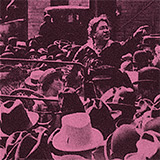
Why We Argue
A left that doesn’t relish arguing with itself is a left that’s not prepared to change the world.


A left that doesn’t relish arguing with itself is a left that’s not prepared to change the world.
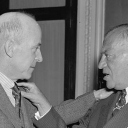
Only a mass movement by union members and sympathetic workers will transform organized labor into the bold agent of change it once was.
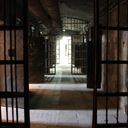
The work of Hungarian thinker and statesman István Bibó provides a guide to his country’s twisted politics.
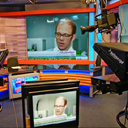
In his new book, Peter Pomerantsev depicts Russia as a place that has descended into a madness fed by the television programs that it itself inspires. But a crucial element is missing.


On the vacant, vertical concrete walls of Tehran, street artists fight for free expression, and with each other.

The Federal Reserve model undermines economic well-being by concentrating power—and therefore wealth and income—in fewer and fewer hands.

As the divide between finance and everyday life yawns ever wider, fiction has stepped into the gap.
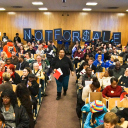
How one teachers union brought parents and students into the bargaining process—and won.
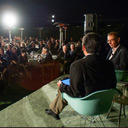
Proponents of geoengineering imagine that technology can operate in a political void. It’s a dangerous illusion.
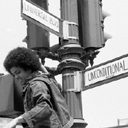
Without strong opposition at home, the “war on terror” will stretch into a third decade, with no plausible sign of a conclusion.
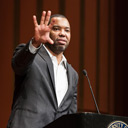
Why is Ta-Nehisi Coates unable to comfort his son in the face of the non-indictment of Darren Wilson? This is the central problem of Between the World and Me.
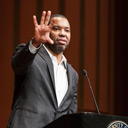
Rather than taking a pessimist’s approach with his son, Ta-Nehisi Coates is taking a realistic approach, grounded in American history.
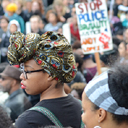
The women of Black Lives Matter are not bending to the demands of respectability politics. They are carving out space for black women to fight for justice.

Far from being a NIMBY conceit, the anti-fracking movement is central to the global fight against climate change—and for a more just, sustainable economy.
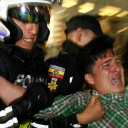
In Ecuador, to oppose resource extraction is to be an enemy of the state.